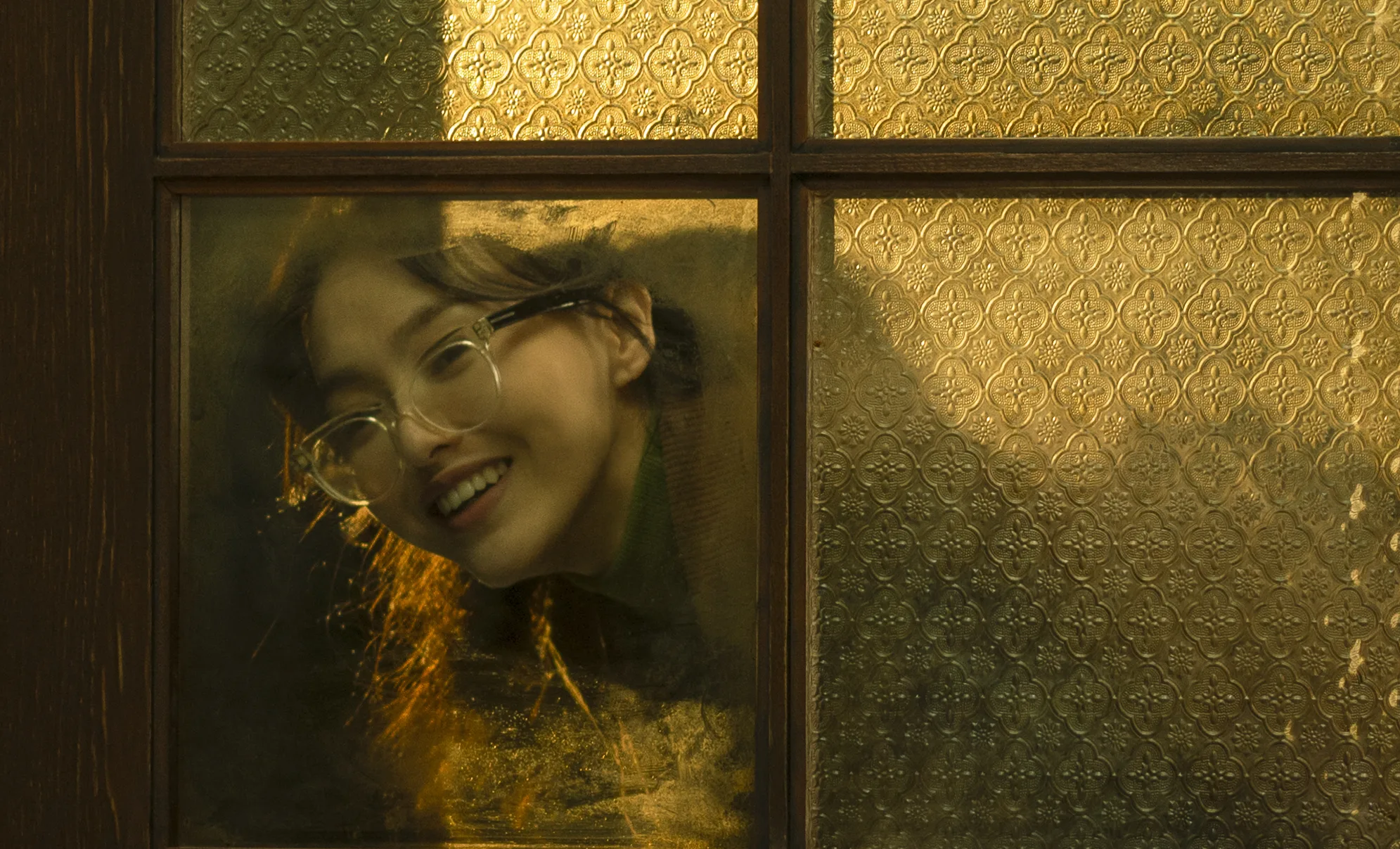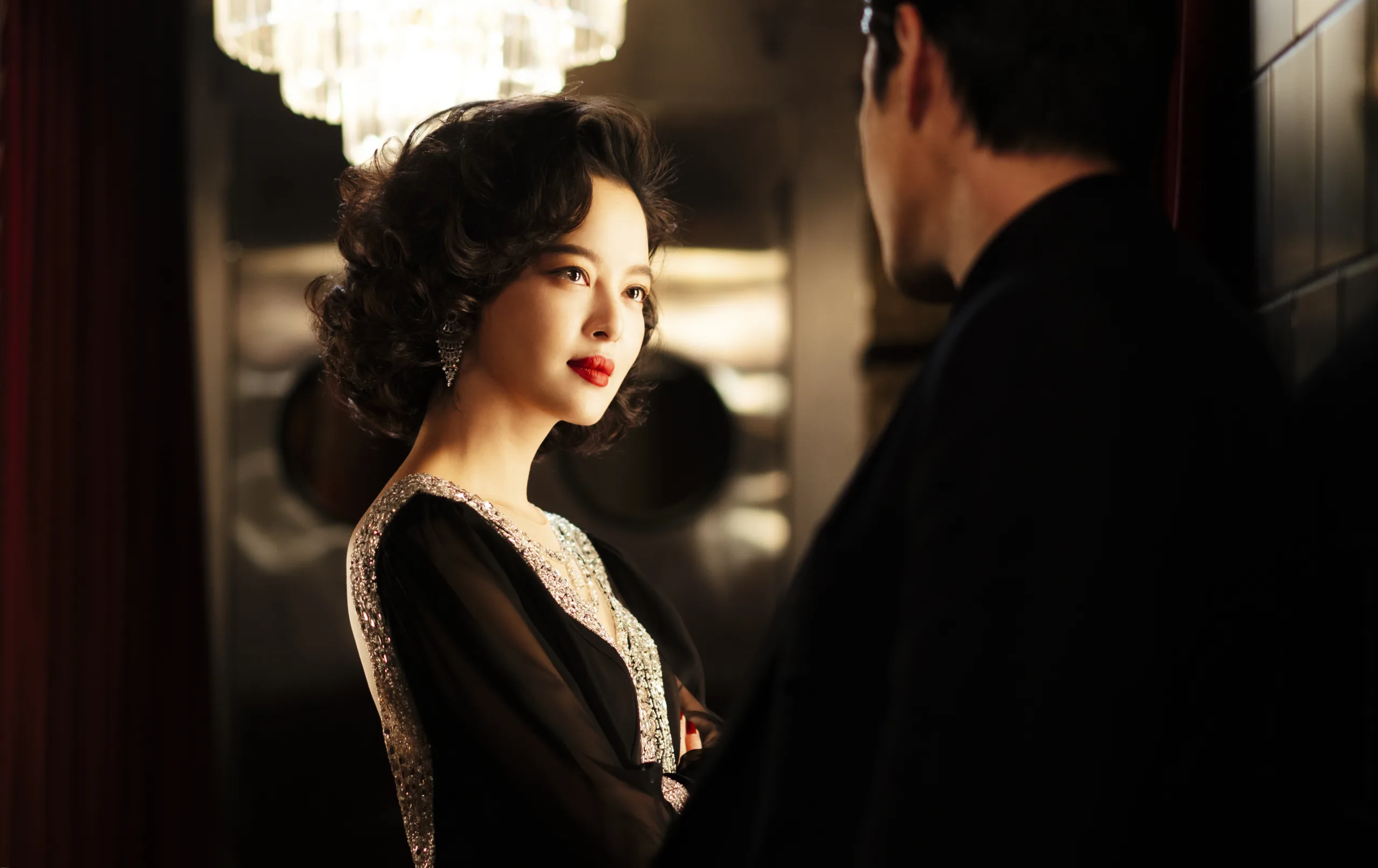
Earlier this year, I had the chance to sit in Chicago’s venerable Music Box Theatre and watch a 25th anniversary screening of “In the Mood for Love,” the masterful and visually ravishing exploration of romantic yearning from Hong Kong filmmaker Wong Kar-wai that became an instant classic from the moment it first screened in 2000.
Although I found myself once again swept up by its alternately sweet and sorrowful mood, the gorgeous cinematography, and the off-the-charts chemistry between co-stars Tony Leung Chiu Wai and Maggie Chung, it was also a sad reminder that Wong had not released a new film since 2013’s “The Grandmaster.” At a time when filmmaking has become increasingly homogenized and based around IP-driven blockbusters, the notion of one of cinema’s most unique voices sitting on the sidelines seemed almost too cruel to bear.
As it happens, he was not exactly twiddling his thumbs during that time. In late 2013, he acquired the rights to Jin Yucheng’s award-winning novel Blossoms and set to work adapting it as his first television project. After an extended production period—not much of a surprise for a known perfectionist like Wong—the series, now dubbed “Blossoms Shanghai,” debuted on Chinese television in late 2023 as a 30-part extravaganza, with each episode directed by Wong himself, that earned rave reviews and large audiences.
At long last, the Criterion Channel, which has been the key streaming home for most of Wong’s films in recent years, will stream the show starting November 24, with three new episodes each Monday through January 26. With each episode clocking in at just under 50 minutes, that essentially means that viewers will be getting the equivalent of a new Wong film once a week for ten straight weeks, which should go a long way towards making up for his absence over the last decade or so.
The series begins in the early 1990s, right around the time the Shanghai Stock Exchange reopened as part of the country’s gradual embrace of economic reform that would change things in many ways. One person determined to take advantage of this is an ambitious young man named Ah Bao (Hu Ge), who places himself under the tutelage of elderly financial whiz Uncle Ye (You Benchang), who sends him out to perform a series of tasks involving the quick borrowing of large sums of money to see if he has what it takes to make it in the cutthroat world of finance.
Although things are a bit rocky at first—he gets involved in a stock deal that goes south and leaves a lot of investors out to dry—he soon prospers and, now known as Mr. Bao, cuts a Gatsby-like figure among those in the glamorous area known as Huanghe Road, where powerful figures in finance and politics gather to eat in the lavish restaurants while trying to figure out who he is, what is driving him and, in some cases, how to cut him down to size at last—in the opening scenes, we see him being knocked down in the street by a hit-and-run driver who puts him in the hospital.
After recovering, he becomes involved in a deal with factory manager Mr. Fan (Dong Yong) to capitalize on a craze for French T-shirts by producing and distributing a new line of shirts, made of “flame-kissed cotton” that they hope to get into the top luxury stores despite their lack of any reputation in that area. However, Mr. Fan, who lives out in the provinces, is quickly swept up in the glitz and the glamour and almost tries to scuttle the deal in order to make what appears to be a better one from a flashy would-be competitor named Mr Wei (Ryan Zheng).
However, Bao plays a quiet but effective game of hardball that shuts Wei out and when the shirts are finally ready for release, he utilizes a marketing gimmick that quickly makes them the hottest item in town, a coup that only further burnishes his reputation as a brilliant businessman while causing his now-growing list of enemies and rivals to sharpen their knives in the hopes of finally taking him down.
And since this is a Wong Kar-wai narrative, it will not come as much of a surprise to learn that there is also a woman with whom Bao shares an enigmatic relationship—in this case, there is a virtual plethora of them. There is Ling Zi (Ma Yili), with whom he has a history and who runs Tokyo Nights, a small, unflashy restaurant where he prefers to eat rather than the more opulent Huanghe Road establishment. There is Ms. Wang (Tang Yan), a friend who works in the Foreign Trade Office, who many suspect is actually his girlfriend, a rumor that could ruin her potential career advancement if it were proven to be true. Finally, there is Li Li (Xin Zhilei), a newcomer to the area who has just opened the Grand Lisbon, a super-glamorous restaurant that makes her the target of several neighboring restaurant owners, who play dirty tricks in hopes of forcing her to close.

Each of these relationships leads to some trouble as well. Noting the shirts’ popularity, Ling Zi tries to find a way to get a taste of those profits for herself, a move that threatens their friendship when it is discovered. When the fellow restaurateurs cause Li Li’s cooking staff to depart and for shipments of key ingredients to be halted, Bao quietly pulls some strings to save the day, increasingly fueling rumors about the true nature of their relationship. As for Ms. Wang, their relationship is threatened when, after helping him out during the standoff with Wei over Fan and the shirts, he purchases her a pair of pearl earrings that she doesn’t report to her superiors under the belief that they were just a cheap thank-you gift, only to have her career lie in the balance as an investigation delves into both the cash value of the gift and the intentions behind it.
Admittedly, there are some rough patches here and there, many of them the inevitable result of the whole sprawling nature of the thing. The first two or three episodes have to set up a lot of narrative and introduce viewers to a lot of characters—a job made more complicated by Wong presenting them in oblique ways meant to shroud them in mystery—and the sheer mass of information they are required to absorb all at once can be a bit confusing at times. Once all that is more or less settled, things become more coherent and straightforward—at least as straightforward as you are likely to see in a Wong vehicle—but even as the narrative tightens up towards the end of this stretch of episodes, you may find yourself wondering exactly how Wong plans to stretch it over the course of the next 18 episodes.
For starters, anyone worrying about Wong having to sacrifice his usual cinematic approach in order to work within the parameters of the television world will be relieved that this is indeed a Wong vehicle through and through, one that feels of a piece with such classics as “Chungking Express,” “In the Mood for Love,” and “2046.” Visually, it is as stunning as anything that you will see this year on either the big or the small screen. There are so many moments of swoon-worthy beauty on hand throughout that there are times when you might find yourself needing to take a break for a moment in order to avoid being overwhelmed. Of course, it is easy enough to make the opulence on display look amazing, but cinematographer Peter Pau and his team take something as simple as a character tucking into a bowl of porridge and invest it with enough beauty and hypnotic cool to make you wish that you had a poster of it hanging on your wall.

From a storytelling standpoint, even though the series is long and filled with characters, subplots, and flashbacks to eras not covered in the main body of the show, Wong and writer Qin Wen have figured out a way to keep things moving without getting bogged down in too many details or extended explanations. Even if you have little working knowledge of the workings of Shanghai’s financial markets back in the ’90s, you should be able to follow along.
The performances are all impressive as well. Hu Ge cuts an appropriately dashing-yet-mysterious figure as Ah Bao, coming across as friendly yet aloof while quietly hinting at mysteries about his real nature that will presumably be revealed in later episodes. As the key women in his life, Ma Yili, Tang Yan, and Xin Zhilei are equally compelling, bringing differing, though equally fascinating, levels of intrigue and romantic tension to their respective relationships with Bao throughout that give the show its true emotional core. And while I won’t reveal any specific ones so that you can discover them for yourself, let it be said that Wong’s ability to find and deploy just the right needle drop at just the right time proves to be just as spot-on as ever here.
Because “Blossoms Shanghai” is a long-form project in which every episode has been directed by the same world-renowned auteur, I suspect that cineastes may soon find themselves reviving the debate that swirled around David Lynch’s equally audacious “Twin Peaks: The Return” by questioning whether what Wong has given us should be regarded as a proper television series or whether a case could be made that it is a movie that just happens to clock in at nearly 24 hours in length. Regardless of where you might stand on it, once you start watching it, you will be hooked.
Twelve episodes sent for review. Starts on The Criterion Channel today, November 24th, with three new episodes every week.
Source link

